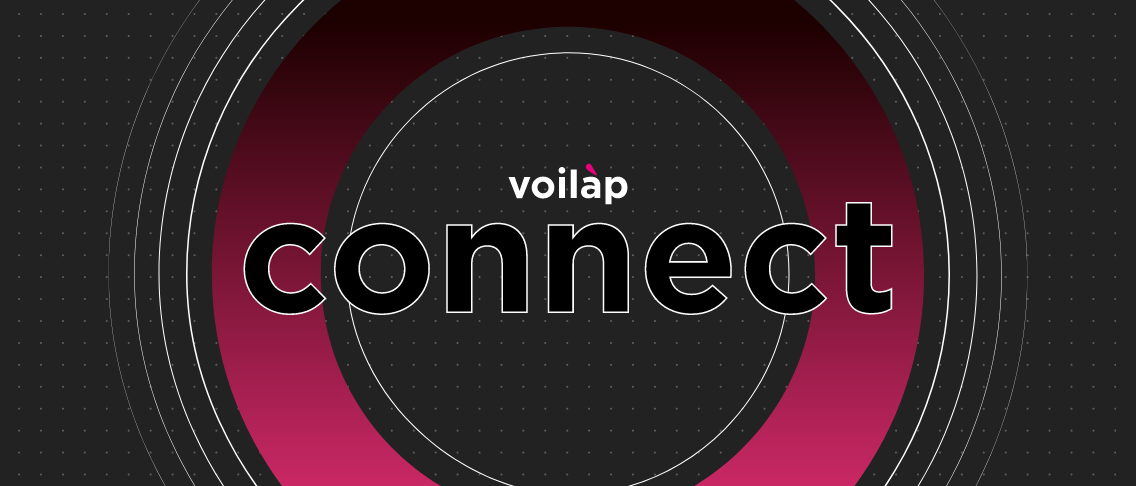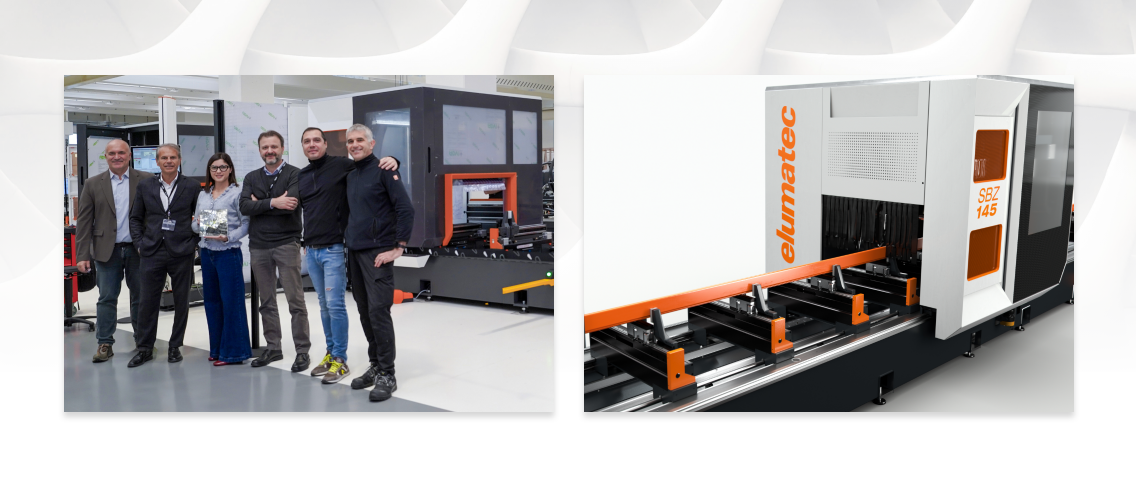
Company News
23/03/2021
How smart cities of the future will be?
Answer by Mark Jen, CTO and Co-founder at Common Networks, home internet provider for 5G wireless
The core idea around smart cities is to use technology to improve efficiency. That means taking all of the technology advances that have been applied towards things like video streaming, photo sharing, and advertising and bringing them to bear on things like city planning, public health and safety, education, and transportation.
The technology to make massive advances in these efforts already exists today. Here are a few examples:
All street light and traffic light infrastructure along with telephone and electricity poles can be networked and sensors can be installed.
The sensor network can publish real time traffic data to an open API, allowing for Waze/Google Maps to direct traffic flows better.
Parking monitoring can be automated, i.e. an open API where anyone can pull info on where open parking spots are.
Sensors can tell us when there is excess (or lack of!) electricity or water consumption, alerting the utility company of potential equipment failure or a safety issue.
We have all the pieces we need to make this happen today: cheap and powerful processors, wireless or wired communication, sensors, and cloud processing power. The issue is figuring out how to deploy all these systemsin a cost effective way.
5G deployment can actually be a big driver of smart city infrastructure deployment because it allows cities to generate revenue from their infrastructure and also provides connectivity at the same time. Unfortunately, the costs of 5G equipment and deployment of that equipment is too high for widespread roll out. As the economics of 5G get fixed, this will enable operators and cities to roll out smart city initiatives to benefit everyone.
OTHER NEWS


One Company: Voilàp India

MTH monolith awarded at forum serramenti 2025
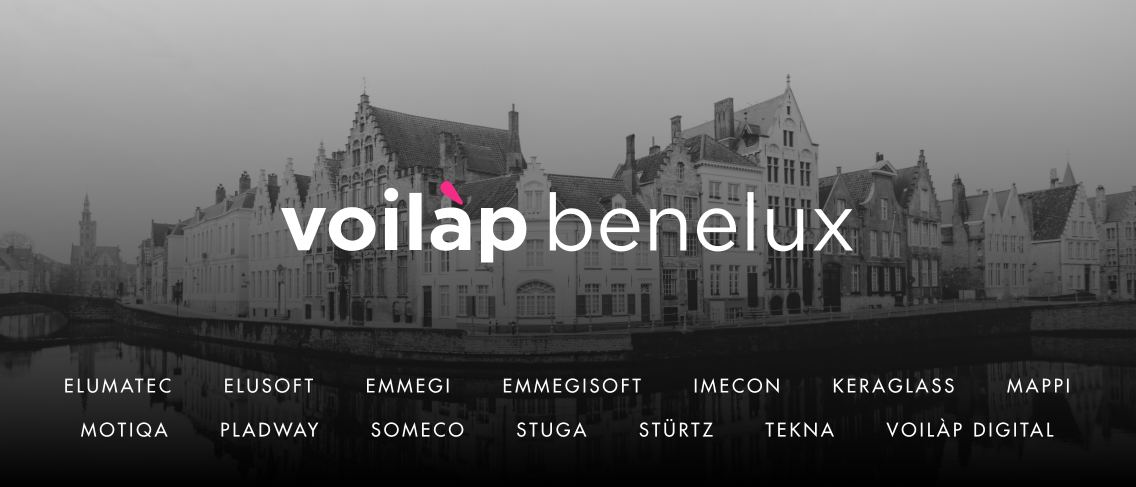
One Company: Voilàp in Benelux

Voilàp expands in smart factories and acquires Stürtz
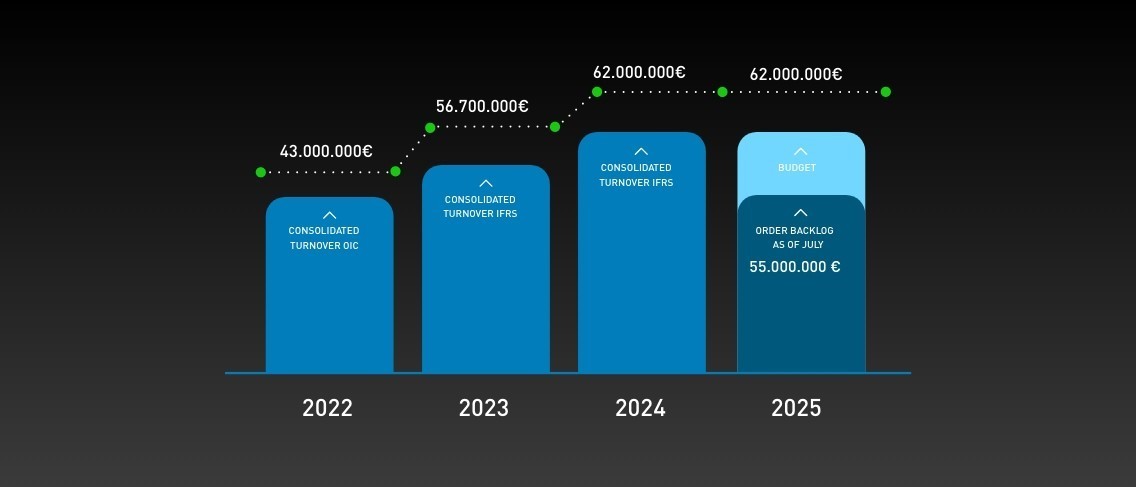
Keraglass consolidates growth trend: a success built with customers
02/08/2025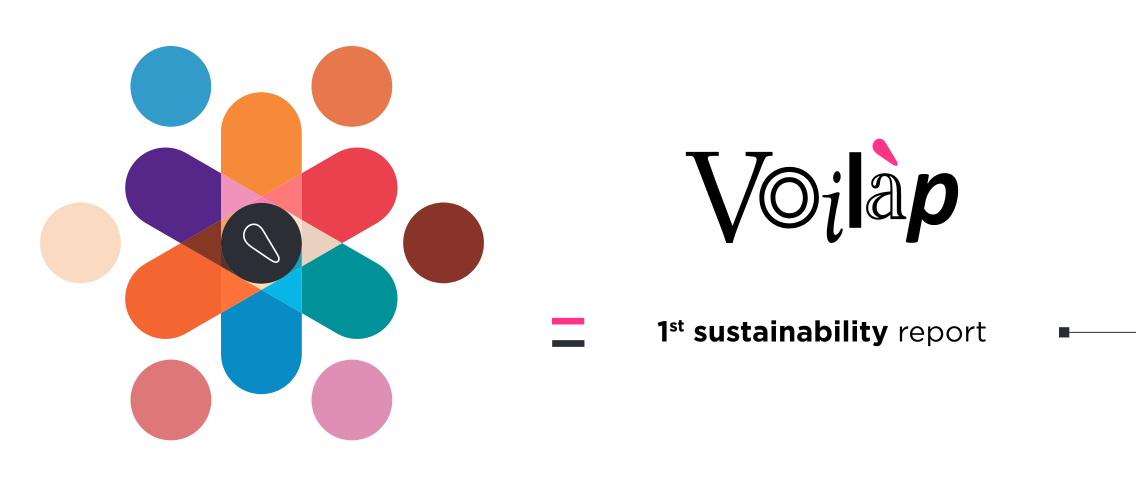
Voilàp Group releases its 1st Sustainability report
15/07/2025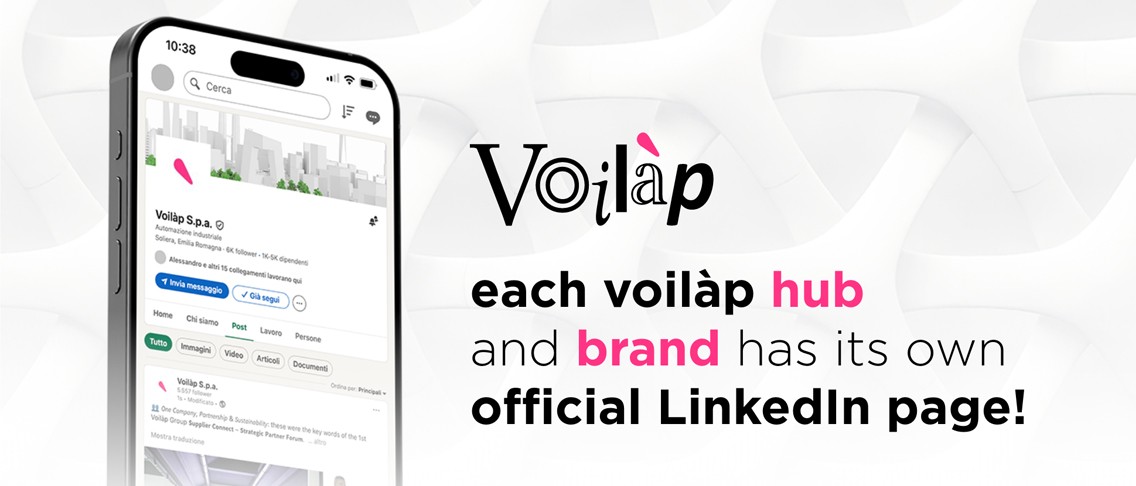
We’re excited to share a new update!

A new Code of Ethics for all Voilàp Group

“One company”
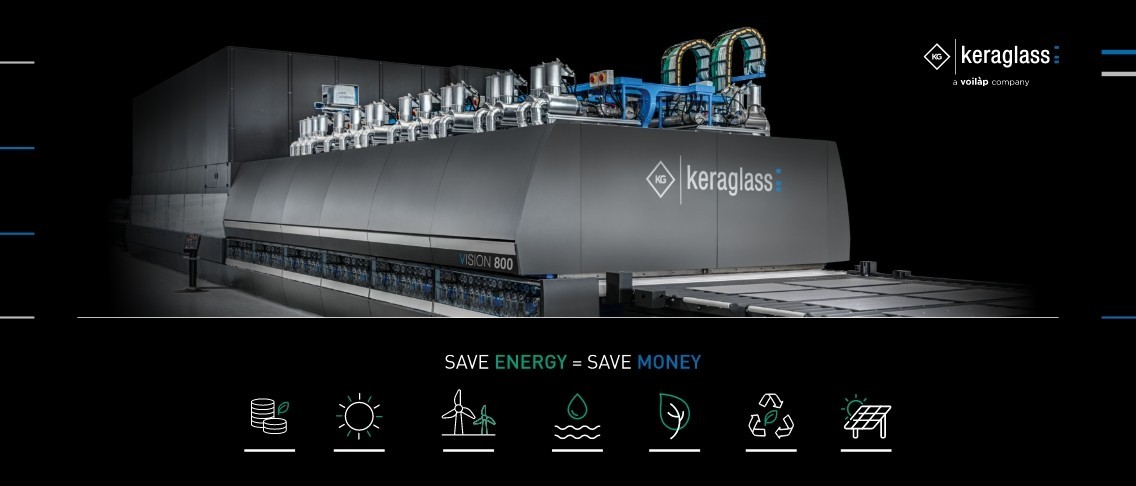
The reality of energy efficiency in tempering furnaces
18/06/2025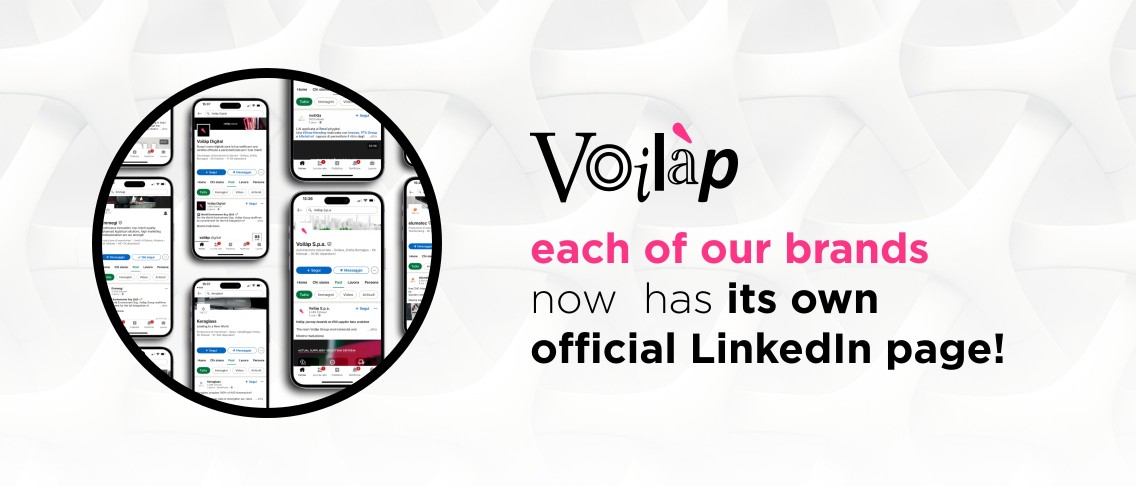
Each of our brands now have its own official LinkedIn page!
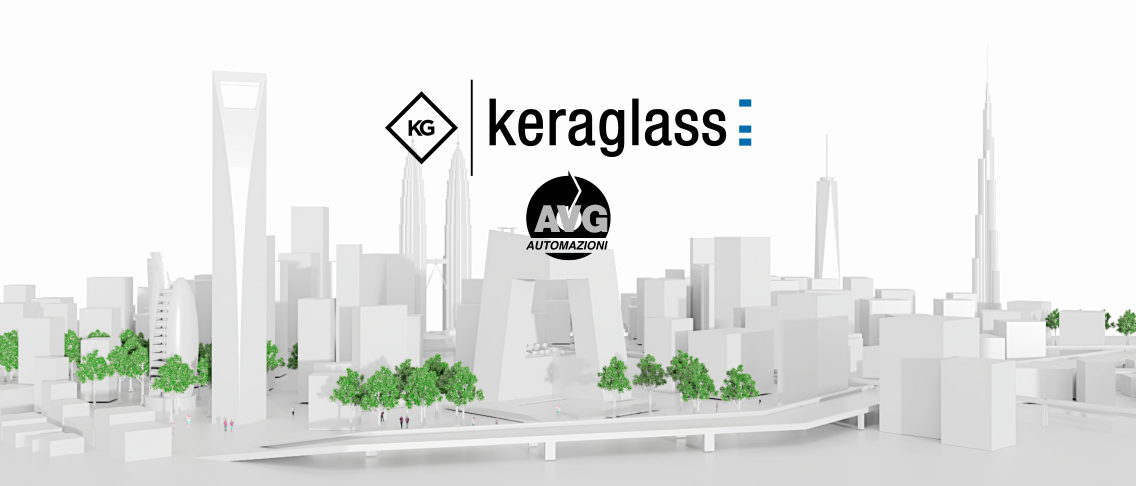
Keraglass acquires 100% of AVG Automazioni
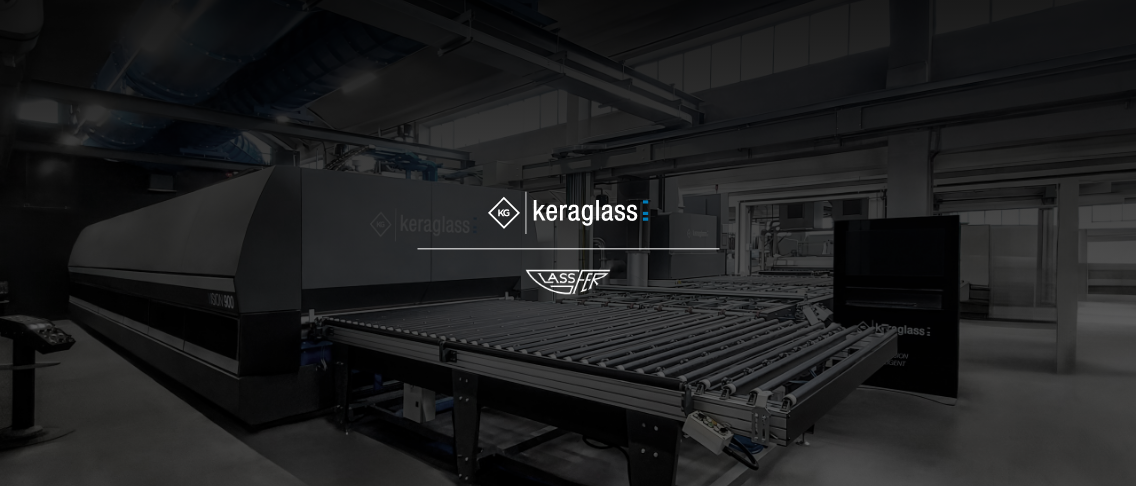
Glassfer invests in advanced technology

SBZ 145 has been nominated for the 2025 Window and Door Awards!

SBZ 625 has been nominated for the 2025 Window and Door Awards!

VISION 900 has been nominated for the 2025 Window and Door Awards!

Satellite XTE has been nominated for the 2025 Window and Door Awards!
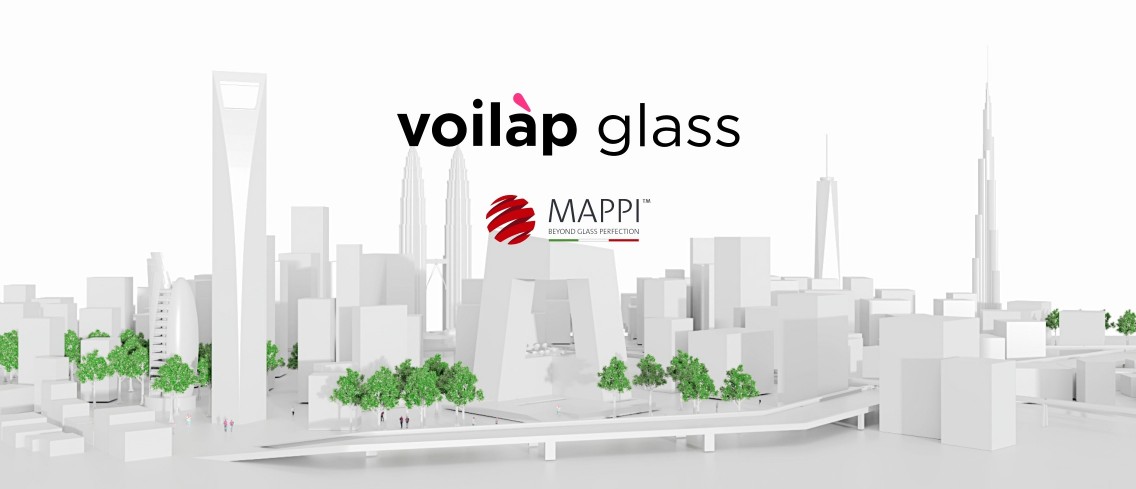
Voilàp Glass acquires majority stake in Mappi International
